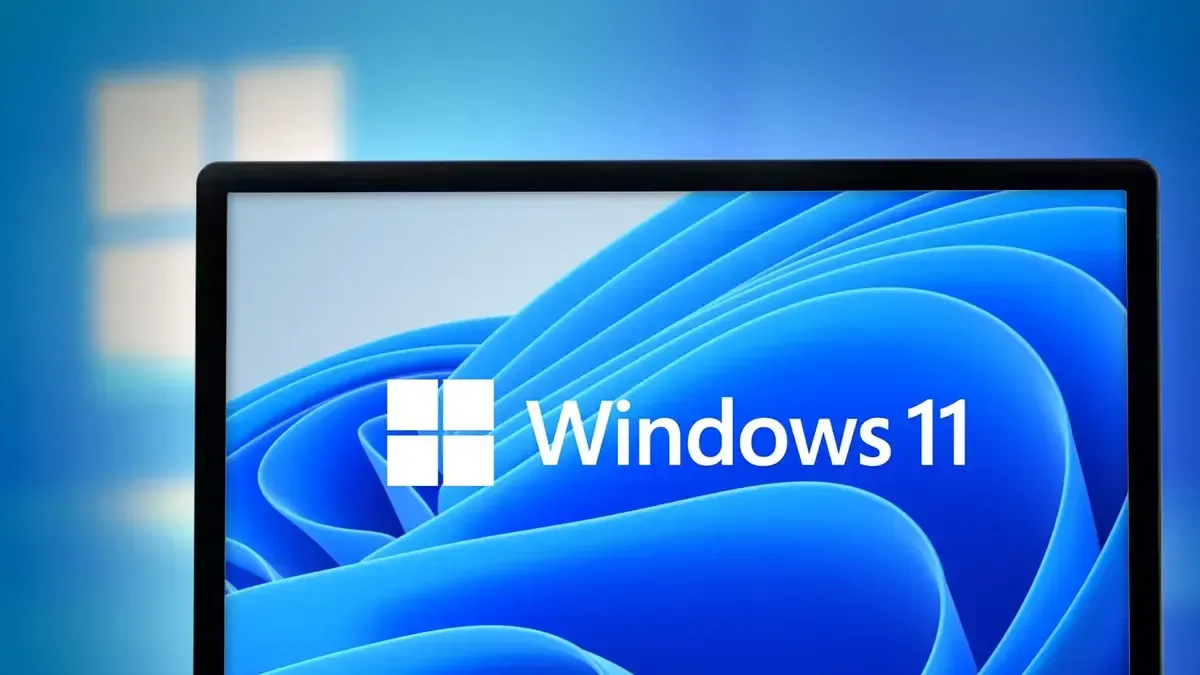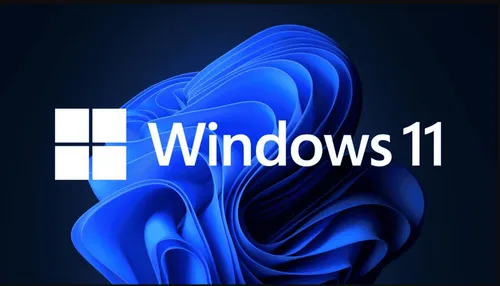
A recent discovery in the developer channel of Windows 11 hints at a potential shift in how the operating system handles monthly updates. According to Windows Central, Microsoft is testing a new mechanism known as "hot patching". It aims to minimize the need for system reboots, particularly for security updates.
Windows 11 updates: Say Goodbye to Reboots with Hot Patching

Hot patching is a technique that allows software updates to be applied to running applications without requiring them to be restarted. In the context of Windows 11, this implies that users could receive and install security patches. Without experiencing the disruption of a system reboot, a common pain point for Windows users.
While specifics remain limited, Microsoft's definition of "hot patching" clarifies its nature: "updating the code of a process running in memory without restarting the process." This indicates that hot patching will primarily target security updates delivered as small code changes. Allowing them to seamlessly integrate into the running system.
However, it's important to note that this technology may not entirely eliminate reboots. While initial reports suggest immediate reboots after hot-patched updates will be unnecessary, the article acknowledges that a reboot might still be required periodically, potentially every few months, for a more comprehensive update process.
This development signifies Microsoft's ongoing efforts to improve the user experience on Windows 11. The potential for fewer reboots, particularly for security updates, could prove beneficial for both individual users and organizations. Minimizing downtime and enhancing system uptime.
It's crucial to recognize that this feature is currently in the testing phase within the developer channel. The official release and broader accessibility of hot patching in Windows 11 are likely to be further details revealed by Microsoft in the future.
So, as this feature progresses through the testing phase, Microsoft is likely to fine-tune the hot patch mechanism based on user feedback and performance data. The incorporation of this innovative update approach reinforces Microsoft's commitment to providing a more user-friendly and secure computing environment. Windows 11 users can look forward to a more streamlined and efficient update experience. As hot patches become a standard part of the operating system's maintenance and enhancement strategy.
Loading






